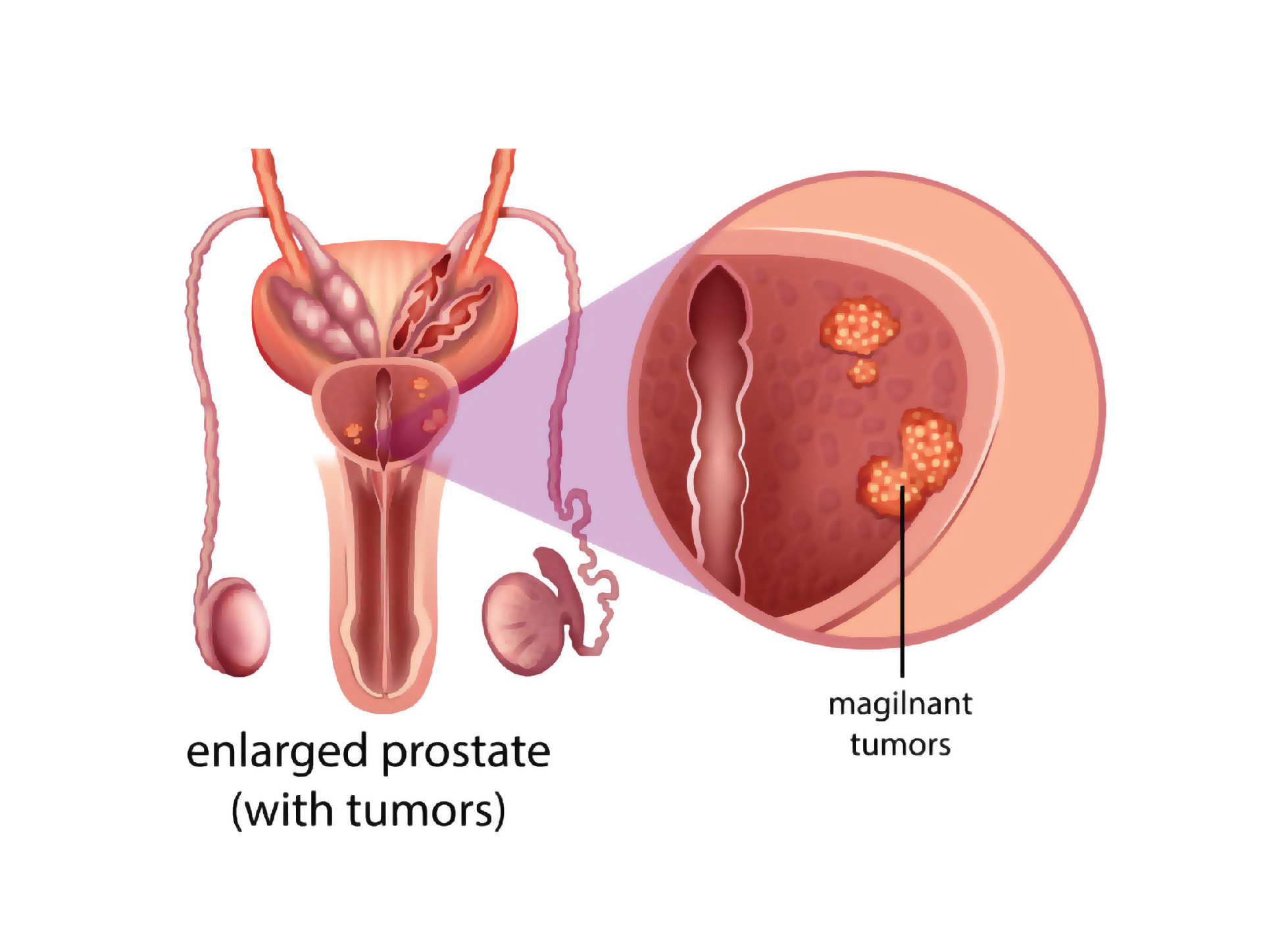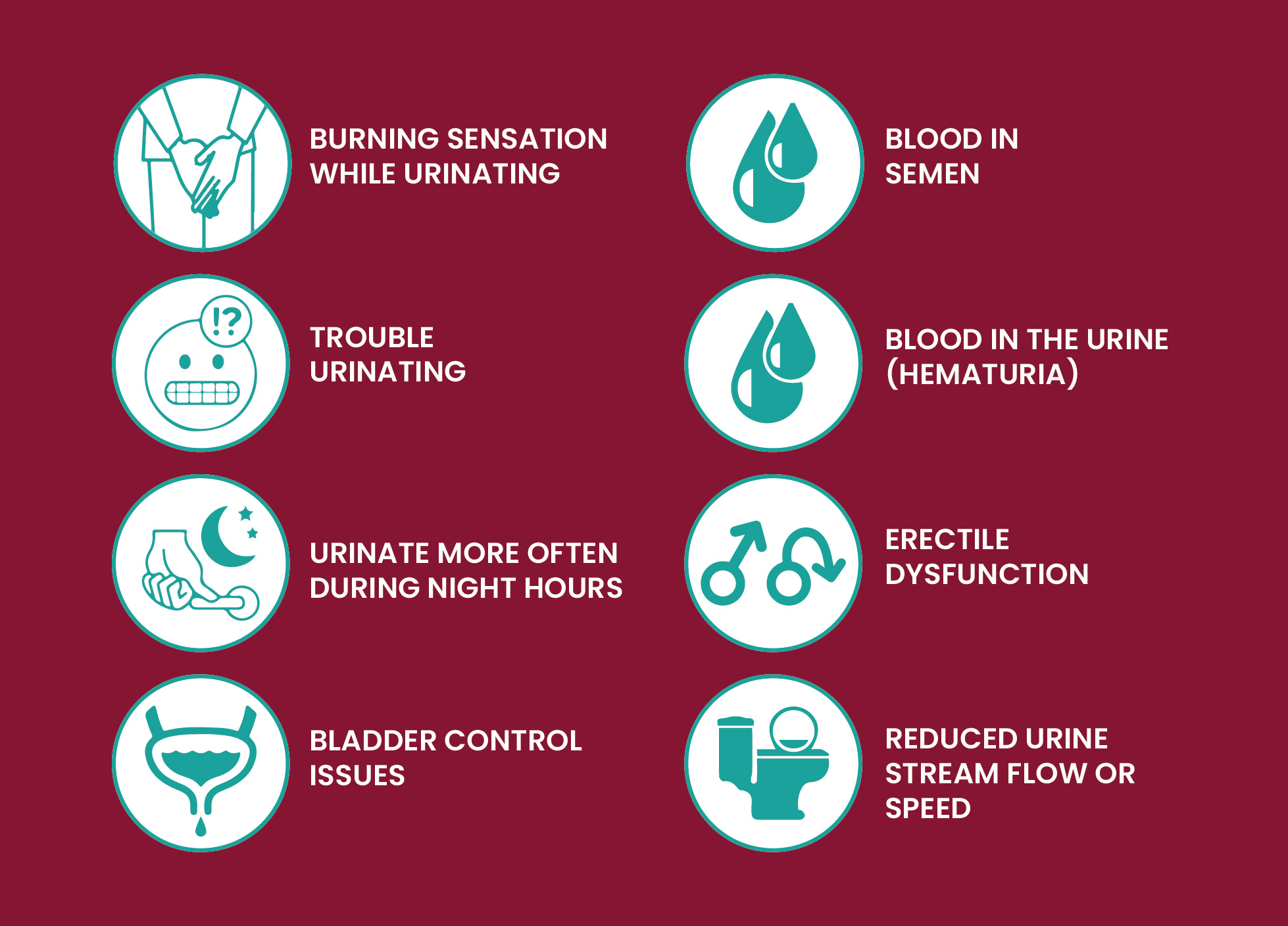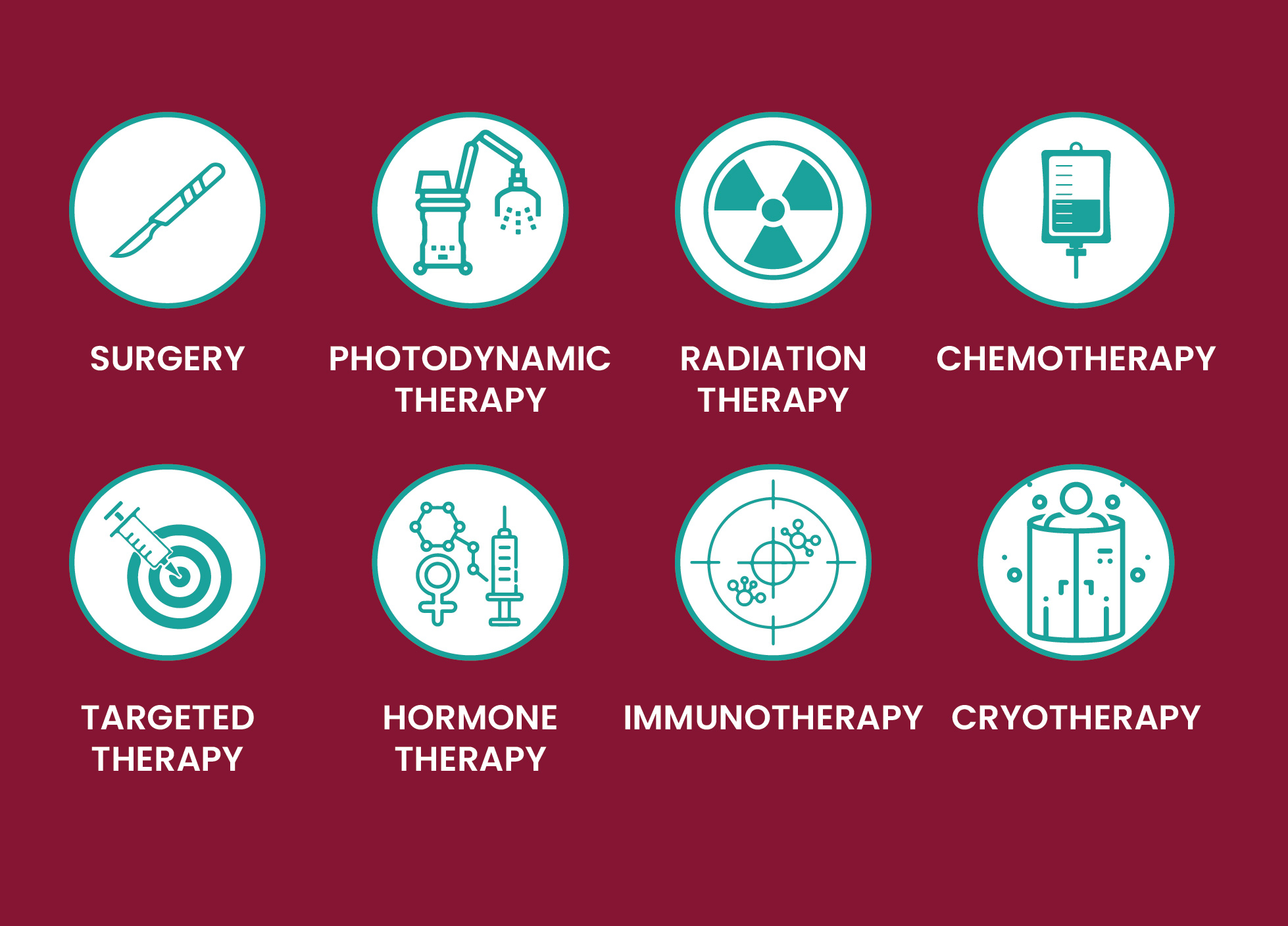Prostate Cancer Treatment in Delhi
A cancerous tumour in the prostate gland is known as prostate cancer. The prostate gland or other remote areas of the body are where the tumour originates because of aberrant cell proliferation. Although the exact origin of prostate cancer is unknown, certain variables, such as radiation exposure, ageing, obesity, inheritance, and race, may increase your risk of developing it. Men only have the prostate gland, making being a man the main risk factor.
After skin cancer, prostate cancer is the most prevalent cancer in males. Thus it's crucial to understand the disease's fundamentals and risk factors.
Early detection of prostate cancer when it is still contained within the prostate gland provides the highest likelihood of a successful course of therapy.

Whom to consult for prostate cancer treatment in Delhi?
Choosing the right cancer specialist is essential for a successful cure and recovery. It is also important to find the right oncologist so that you can fight this disease with hope. Dr Priya Tiwari is a well-known oncologist and cancer specialist in Delhi. She has years of experience providing world-class prostate cancer treatment.
Are there any early signs of Prostate cancer? What are its signs and symptoms?
Due to the prostate gland being located near the bladder and urethra, prostate cancer may present with several urine symptoms, especially in its initial stages. Some early symptoms of prostate cancer include:

What types of treatment are available for prostate cancer?
Treatment options for men with prostate cancer may vary depending on the individual situation and may include:

What tests are involved in the diagnosis of prostate cancer?
Some prostate cancer screening examinations include:
Prostate-specific antigen (PSA) test : Your blood is collected from a vein in your arm and tested for PSA, a chemical your prostate gland naturally produces. It's normal to have a little concentration of PSA in your blood. However, if a higher-than-normal amount is discovered, this could be a sign of cancer, inflammation, enlargement, or prostate infection.
Digital rectal exam (DRE) : Your doctor examines your prostate, which is close to the rectum, by inserting a gloved, lubricated finger into your rectum. You could require more testing if your doctor notices any gland's texture, shape, or size irregularities.
How common is Prostate cancer? Can it be cured completely?
As mentioned before, prostate cancer is the most prevalent cancer in males after skin cancer. And yes, prostate cancer can be cured when found and treated early, to put it simply. More than 90% of cases of prostate cancer are found in their early stages, increasing the likelihood that the tumours may respond to treatment. Furthermore, chemotherapy and surgery are not the only forms of treatment.
